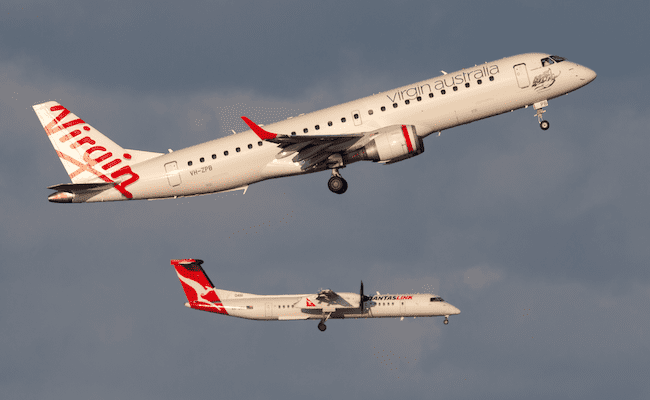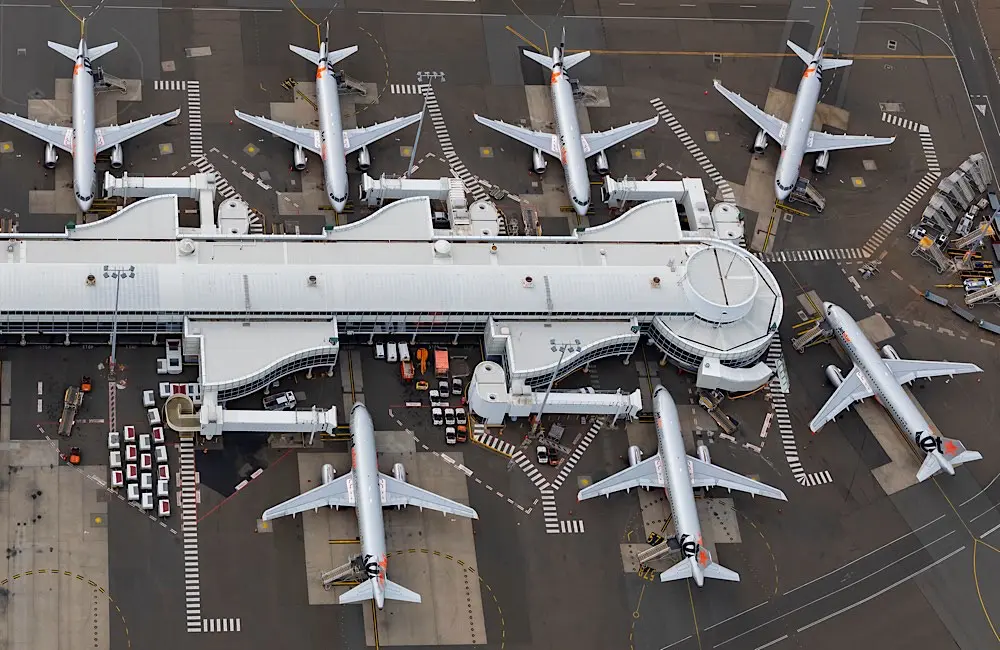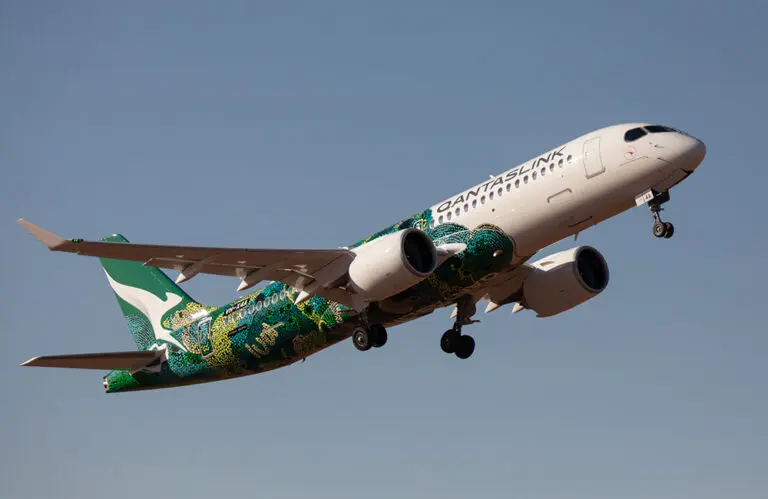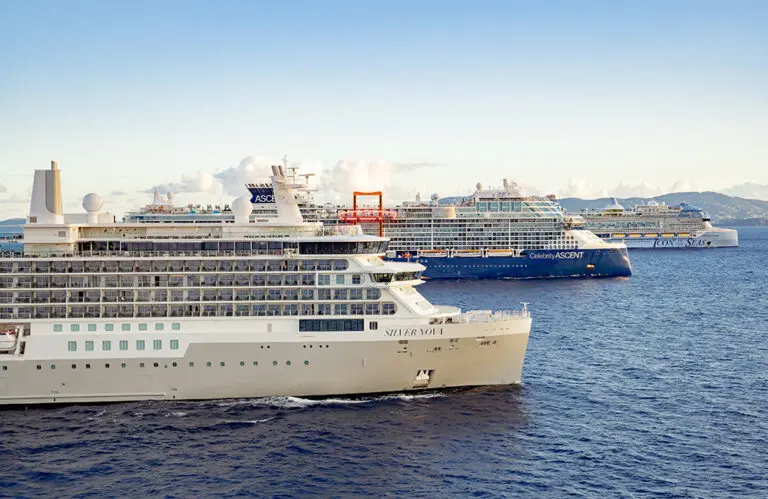Travelling within Australia? Chances are, you’re flying with one of just two major airlines. New data from the Australian Competition and Consumer Commission (ACCC) confirms that Qantas Group and Virgin Australia now control a whopping 98 per cent of the domestic air travel market.
While that’s good news for their bottom lines, it’s a different story for consumer choice – and airfares.
According to the ACCC’s latest Domestic Airline Competition report, limited competition and strong demand have supercharged earnings for both Qantas and Virgin Australia in early 2025.
Qantas Group banked $1.5 billion in earnings before interest and tax across the first half of the financial year – $916 million of that from domestic operations alone.
Jetstar, Qantas Group’s low-cost arm, posted a 54 per cent earnings jump, benefiting from the exit of rivals like Bonza in April 2024 and even Tigerair back in 2020.

Meanwhile, Qantas Domestic’s earnings of $647 million were largely driven by its grip on the corporate travel market, which it dominates with an 80 per cent share.
“The high half-yearly earnings reported by Qantas Group reflect its dominance of the domestic airline sector, with Qantas and Jetstar accounting for over 60 per cent of passengers,” ACCC Commissioner Anna Brakey said.
“Jetstar has been able to capitalise on the continued absence of competitive pressure from another low-cost carrier in the domestic market to increase its market share and operating margin.”

Over at Virgin Australia, post-restructure profits have soared. The airline picked up aircraft leases and grew its share of domestic passengers to over 34 per cent in March 2025, up from 31 per cent a year earlier.
According to the ACCC, this reduced competition is having flow-on effects for fares. Prices dropped by 16.1 per cent after peaking in October 2024 but rose again by nearly 10 per cent by March 2025.
In response to the report, the Australian Airports Association (AAA) says stronger policies are needed to up competition, protect regional routes and drive domestic growth.
“The domestic airline market in Australia doesn’t have any new challengers on the horizon, and we’re seeing reduced choice available to the travelling public,” AAA CEO Simon Westaway said.

“The ACCC report highlights that airlines have not increased capacity in line with demand. There are fewer seats, fewer flights and less flexibility for Australians who want to explore their own country – whether for business, leisure, or to access essential services.”
“International airline competition, by contrast, is gaining momentum due to the strategic collaboration between Australian airports and stakeholders.”
Westaway said that while Aviation White Paper reform efforts are “positive steps to improve competition… more is needed to reinvigorate the domestic market and ensure it supports Australia’s broader economic and community needs”.





